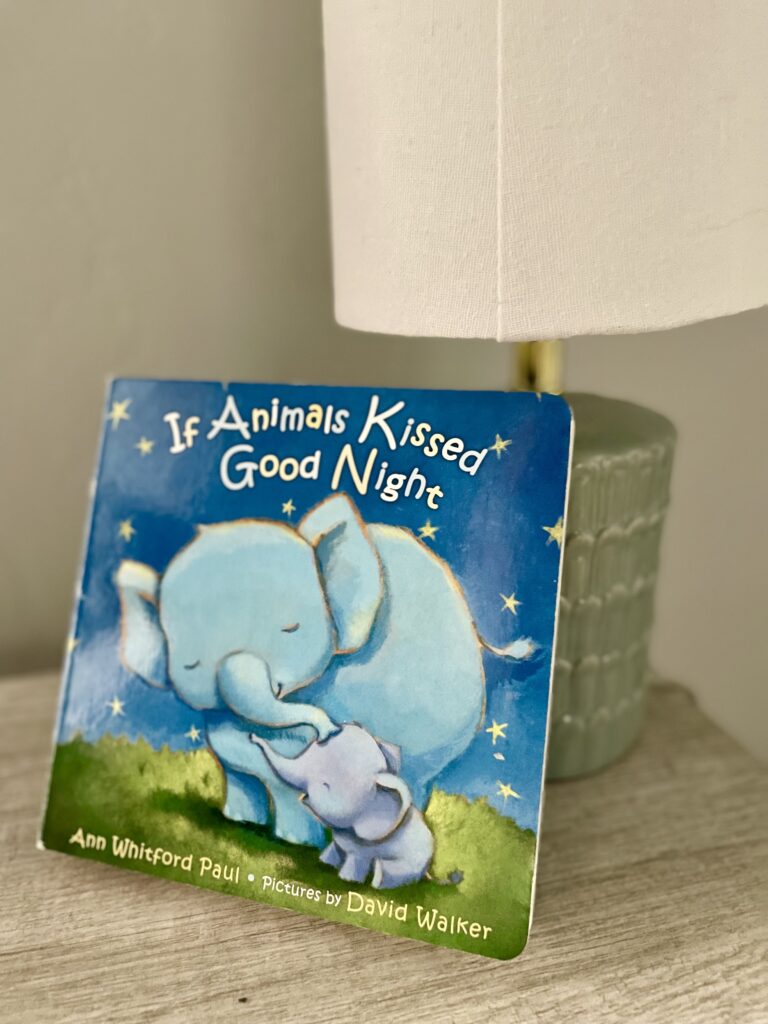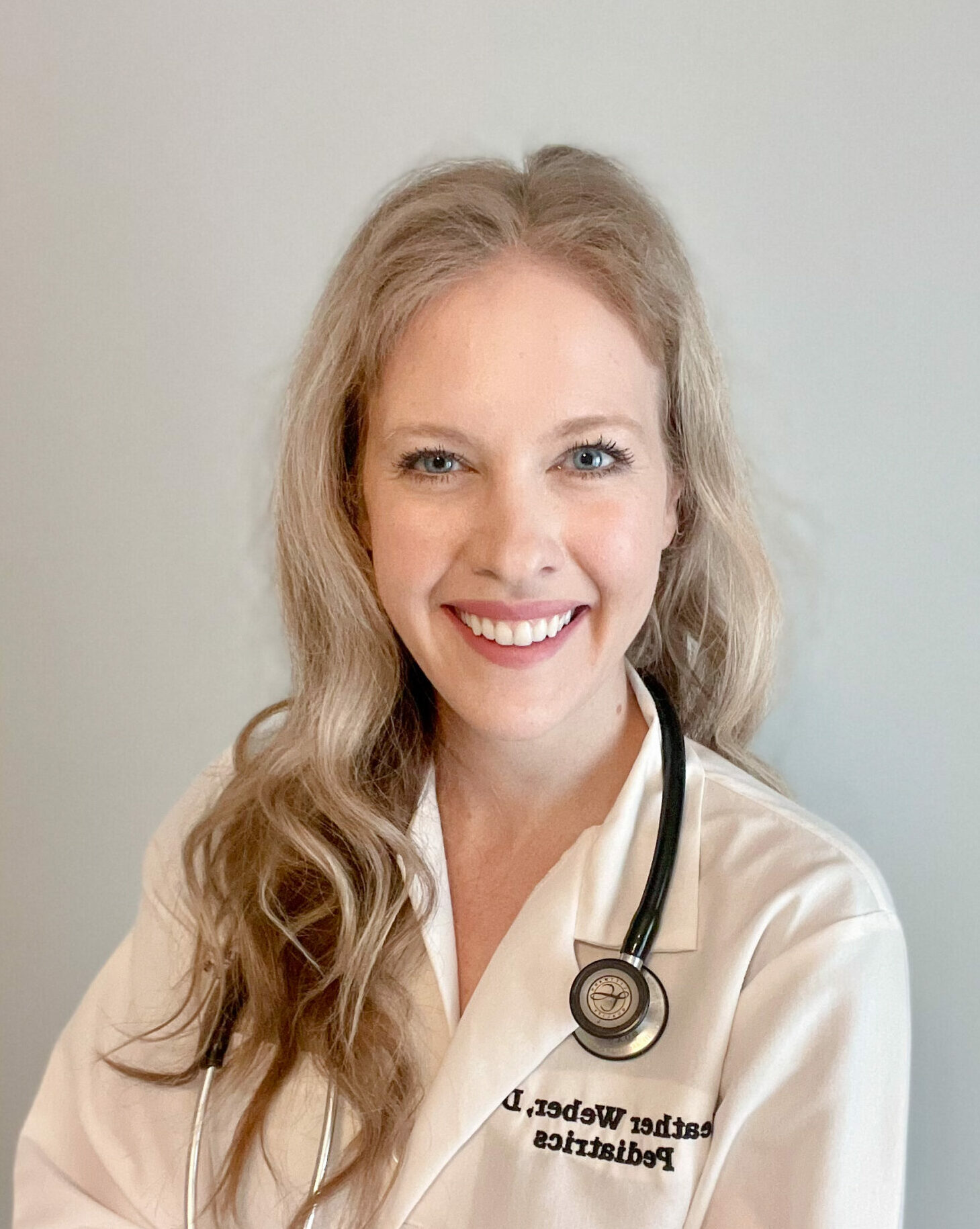Should you sleep train your baby?

Is she sleeping through the night yet?
Is she a good sleeper?
Are you going to sleep train?
One of these questions is inevitably asked in most conversation by friends, family, or just complete strangers. I’ve been asked this since my daughter was about 2 months old, maybe even younger.
In my mind I roll my eyes, to their face I smile and offer some statement like “sometimes” or “not yet”, or if I’m feeling snarky “she’s a baby, she will when she’s ready.”
I’m probably in the minority of millennial parents, because we are just not ready for that yet. But do I professionally think it’s safe to sleep-train at less that 1 year? Yes, within appropriate parameters, so consider these 4 questions.
Is your baby growing well?
How have appointments with the pediatrician been? Has your child been growing well on his/her growth curves? Has there been trouble with feeding, or weight gain? If all of that is going well, then it’s okay to consider sleep-training.
If your baby is having trouble with weight gain or with feeding, I would avoid any approach to sleep training until these things stabilize. I also, would always recommend, that you ask your child’s doctor for their advice regarding your child’s unique history and needs before considering any sleep-training program.
Is your baby at least 6 months old?
The AAP safe sleep guidelines recommend that infants room-share for at least the first 6 months (but preferably up to 12 months). It’s very hard to follow most sleep training programs if they are not in their own room. That being said, you may be able to consider a modified program, or find one that allows sleep training while room-sharing which would be a great way to still safely keep them in your room, but ensuring that everyone is much more well-rested!
By 4-6 months babies are typically capable of self-soothing and by 6 months most are able to sleep overnight without eating. That being said, a lot of babies will still wake up at night to eat, at least once and in my opinion, that’s okay! Do they eat and then go back to sleep usually? (Unless they are going through a regression/progression) If the answer is yes, then they probably needed those calories, and they technically are “sleeping through the night”, just waking to eat, which is just fine!
Is your baby healthy and at a stable stage developmentally?
Is your baby healthy, and not currently sick or teething? Is your baby stable developmentally meaning that they are not currently going through a period where they may need you more naturally (i.e. sleep regressions, separation anxiety etc)? If not, wait until they are no longer in that stage, their tooth has broken through, or they have recovered from their illness before moving forward with sleep-training.
Do you want to sleep train?
I honestly think, this is one of the most important parts of the questions. Do YOU want to. It’s okay to want to but it’s also okay not to. Don’t feel pressured to sleep-train just because everyone else around you has/is doing this. Do what’s best for you and your family! Whatever you choose is the right choice!
There are multiple sleep training methods, the most common is the CIO (cry it out, Ferber method) or some variation of it, however there are other types of programs out there. It’s okay to need this for you and your child, but it’s also okay to not feel inclined to sleep-train, or to change your mind.
So, do I think you should sleep-train?
Sure, if you want to, but if you do, also feel free to do it your own way, because every family and every baby is different. Feel empowered to approach sleep in a way that fits you and your baby’s own unique needs.
For now, we are still letting our daughter lead us with her needs as they relate to sleep, but it’s possible that in the near future we will help guide her towards a sleep path that we need for our family. If we do that, it will be okay, but if we don’t, I personally and professionally feel, that it will still be okay.
Photo above is of this book (commissionable link): We read it as part of our nightly routine often, it’s a great one 🙂
Disclaimer: The views expressed here do not constitute official medical advice and do not establish a physician-patient relationship. You should always consult with your doctor (or your child’s doctor) for official medical advice, diagnosis and recommendations for treatment.


Leave a Reply